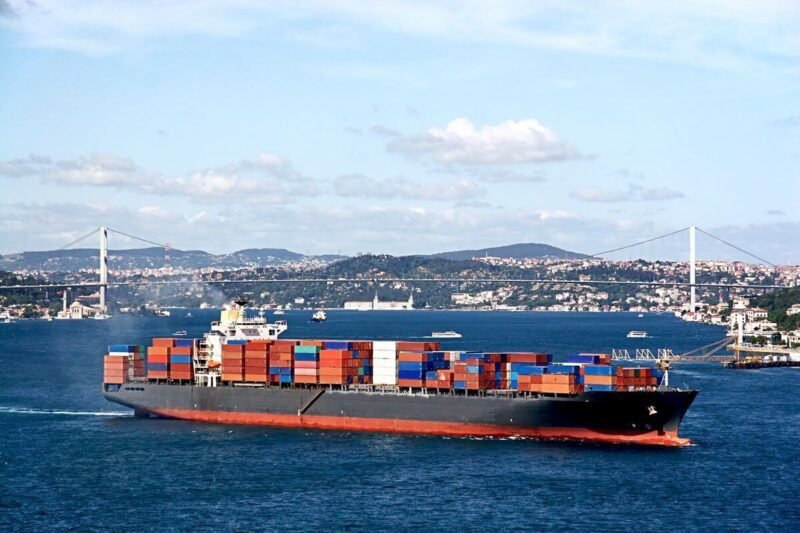Shipowners transporting cargo through Turkish ports will now be required to pay for CO2 emissions following recent amendments to the Ports Act by the Turkish Parliament. This move allows the country to tax emissions generated by maritime transport, aligning with global efforts to reduce carbon footprints in the shipping industry.
Earlier this year, Türkiye unveiled the Climate Change Mitigation Strategy (CCMSAP) for 2024-2030, outlining plans to establish an emissions trading system (ETS) in line with EU mechanisms. The ETS is expected to regulate emissions exceeding 10 million tons of CO2, equivalent to Luxembourg’s annual emissions. However, specific guidelines on covered ships, tonnage, emission fees, and monitoring procedures are yet to be detailed.
The surge in container transshipment volume at Turkish ports, reaching 1.2 million TEU from January to May 2024, has raised concerns about potential circumvention of EU carbon taxes. As calls for EU system improvements grow, Türkiye’s exclusion from the European carbon tax mechanism for select third-country transhipment ports remains a point of contention. Enhancing cooperation and alignment between EU and Turkish port regulations will be crucial in addressing carbon emissions in maritime transport effectively.







